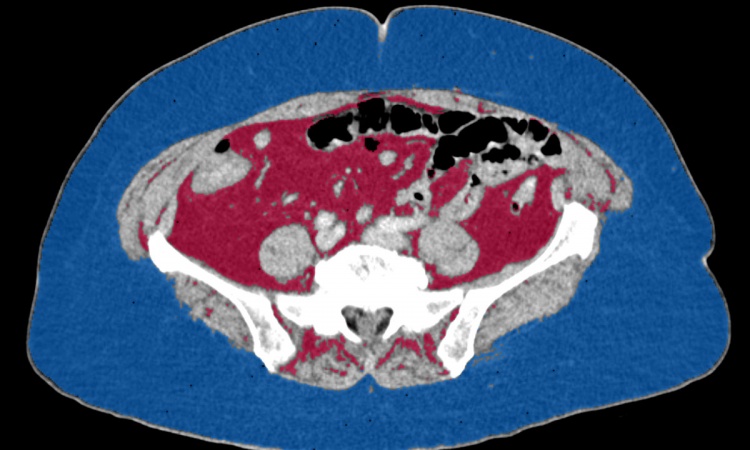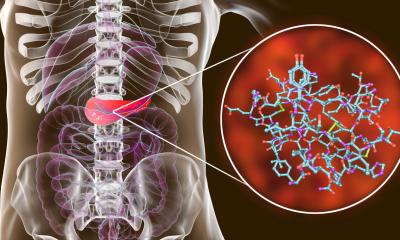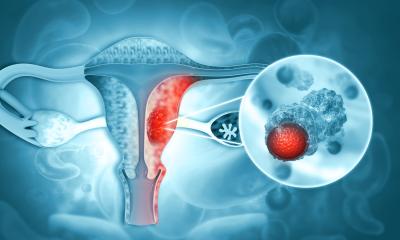News • Let the sun shine on your health
Higher Vitamin D levels may be linked to lower risk of cancer
One of the first studies to look at effects of vitamin D and cancer risk in an Asian population
High levels of vitamin D may be linked to a lower risk of developing cancer, including liver cancer, concludes a large study of Japanese adults published by The BMJ today. The researchers say their findings support the theory that vitamin D might help protect against some cancers.
Vitamin D is made by the skin in response to sunlight. It helps to maintain calcium levels in the body to keep bones, teeth and muscles healthy. While the benefits of vitamin D on bone diseases are well known, there is growing evidence that Vitamin D may benefit other chronic diseases, including some cancers. But so far, most studies have been carried out in European or American populations, and evidence from Asian populations is limited.

As Vitamin D concentrations and metabolism can vary by ethnicity, it is important to find out whether similar effects would be seen in non-Caucasian populations. So an international research team, based in Japan, set out to assess whether vitamin D was associated with the risk of total and site specific cancer. They analysed data from the Japan Public Health Center-based Prospective (JPHC) Study, involving 33,736 male and female participants aged between 40 to 69 years. At the start of the study, participants provided detailed information on their medical history, diet and lifestyle, and blood samples were taken to measure vitamin D levels.
Vitamin D levels varied depending on the time of year the sample was taken, tending to be higher during the summer and autumn months than in the winter or spring. After accounting for this seasonal variation, samples were split into four groups, ranging from the lowest to highest levels of vitamin D. Participants were then monitored for an average of 16 years, during which time 3,301 new cases of cancer were recorded. After adjusting for several known cancer risk factors, such as age, weight (BMI), physical activity levels, smoking, alcohol intake and dietary factors, the researchers found that a higher level of vitamin D was associated with a lower (around 20%) relative risk of overall cancer in both men and women.
Further studies are needed to clarify the optimal concentrations [of vitamin D] for cancer prevention
Higher vitamin D levels were also associated with a lower (30-50%) relative risk of liver cancer, and the association was more evident in men than in women. No association was found for lung or prostate cancer, and the authors note that none of the cancers examined showed an increased risk associated with higher vitamin D levels. Findings were largely unchanged after accounting for additional dietary factors and after further analyses to test the strength of the results.
The researchers point to some study limitations, for example numbers of organ specific cancers were relatively small. And while they adjusted for several known risk factors, they cannot rule out the possibility that other unmeasured (confounding) factors may have influenced the results, making it difficult to draw firm conclusions about cause and effect. Nevertheless, key strengths include the large sample size for overall cancer, a long follow-up period and the large number of blood samples analysed. The authors say their findings support the theory that vitamin D may protect against the risk of cancer, but that there may be a ceiling effect, which may suggest that there are no additional benefits beyond a certain level of vitamin D. “Further studies are needed to clarify the optimal concentrations [of vitamin D] for cancer prevention.” they conclude.
Source: The BMJ
08.03.2018





